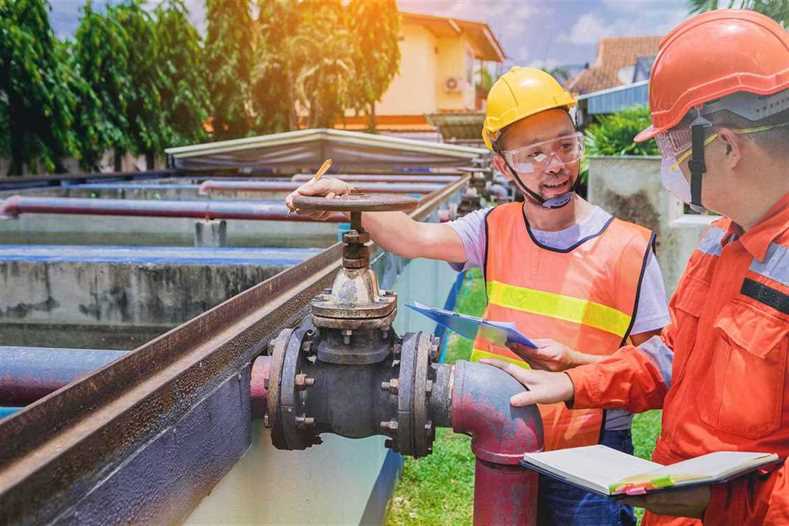
Like any other working system in your home that goes through regular use, your plumbing systems will require inspections and repairs once in a while. Nonetheless, giving your plumbing system, a little attention can prolong its life and stop small problems from becoming costly fixes. As a homeowner, you should inspect your plumbing systems regularly as you watch out for any signs of plumbing problems. Winnipeg plumbers take you through some simple safety and maintenance practices for your plumbing systems. These best maintenance practices include some important do’s and don’ts.
Pouring cooking grease in your drains is a NO NO
Most people are guilty of this plumbing mistake. When you pour grease into your sink, it goes down the drain and meets up with other wastewaters and right here is where the nastiness begins. Fats in the grease are broken down into fatty acids and glycerol which then binds with calcium found in sewers to form some stalactite-type structures commonly referred to as “fatbergs″. These hard clogs block the drains and cause disgusting backups. If you continuously pour grease in your sink, the result will be clogged plumbing systems. Instead of pouring cooking oil in the drain, pour it in a juice or milk carton and dispose it as regular garbage. If you accidentally pour grease in the drains, wash it out with a mixture of hot water, baking soda, and vinegar.
Insulating water pipes
If you live in extreme weather-prone areas, this is a mandatory ″do″. If your cold-water pipes run through an exposed area of your home, you’ll likely end up dealing with frozen pipes problems during winter. The problem doesn’t end here; frozen pipes are prone to bursting and the result as you probably well suspect if flooding. If you’re away for travel in winter, a burst pipe will drench your house in gallons of water costing you thousands of dollars in damage. The good news is that cheap simple insulation can prevent this from happening. During summer, insulation prevents heat transfer to your cold-water supply. Unless you want your cold-water taps pouring warm water in the sweltering months, you may want to insulate. Insulating your pipes will also prevent heat loss to the surrounding air and this lowers the cost of heating water, cutting down your electricity bill as a result.
Identifying the Main Shutoff Valve location
This is more of a safety measure than a maintenance practice. It is however worth noting and critical in times in emergencies. There are many valves around your home, but there is usually one that can shut them all off. In most homes, the main valve is usually located in the basement. Once you find the valve, check to see if it works. In the event of piping emergencies such as burst pipes, even before you call an emergency plumber, shut off the water valve. Label the valve so that every family member can quickly identify this valve in case of an emergency.
Part of best maintenance practices is to regularly invite a licensed plumber for systems inspection. During the inspection, the plumber will perform a comprehensive evaluation of your homes plumbing systems and may identify minor problems that you would otherwise not notice. Routine plumbing inspections help avoid unexpected and sometimes quite costly repairs.
